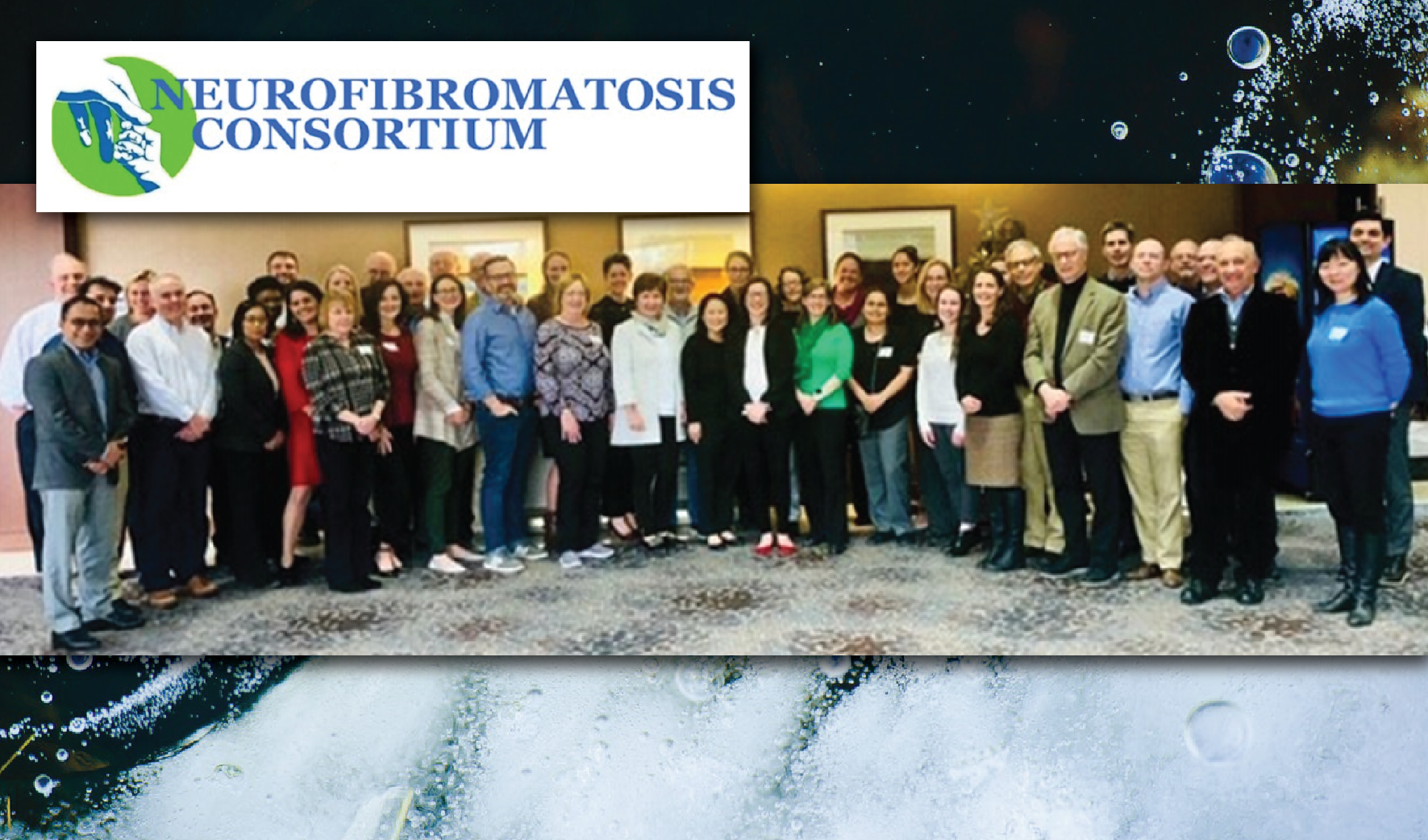Cabozantinib for NF1-Related Plexiform Neurofibromas: A Phase 2 Trial
Author: CDMRP, NFCTC
Published On: 03/31/2021

Children and adults diagnosed with Neurofibromatosis Type 1 (NF1) can develop a type of tumor called a plexiform neurofibroma (PN) that develops from cells and tissues that cover the nerves. PNs can be disfiguring and painful, impact function, and are life-threatening when they compress vital structures. Standard treatment approaches such as chemotherapy and radiation are not effective, and surgery is often not feasible given the tumor’s involvement of the nerve and location near vital body structures such as blood vessels, the spinal cord, and the airway. Cabozantinib, an oral Food and Drug Administration-approved multi-receptor tyrosine kinase inhibitor, was tested in an animal model of PN in the laboratory of consortium member Dr. Wade Clapp (Riley Hospital for Children). After finding significant reduction of tumor number and size in Cabozantinib-treated animals, investigators sought to translate these findings to a phase 2 human study.
Based on preclinical observations, the Neurofibromatosis Clinical Trials Consortium (NFCTC) launched a clinical trial (NFCTC FY11) to determine the response rate (by MRI) of NF1 patients with plexiform neurofibromas treated with Cabozantinib. They performed a multicenter, nonrandomized phase 2 trial (NCT02101736) of Cabozantinib in participants 16 years and older with NF1 and either progressive or clinically significant inoperable PN.
Read the results and full study here.
Want to view archived newsletters? Click Here!
Newsletter
Sign up to receive the latest neurofibromatosis news and information in your inbox!
Subscribe